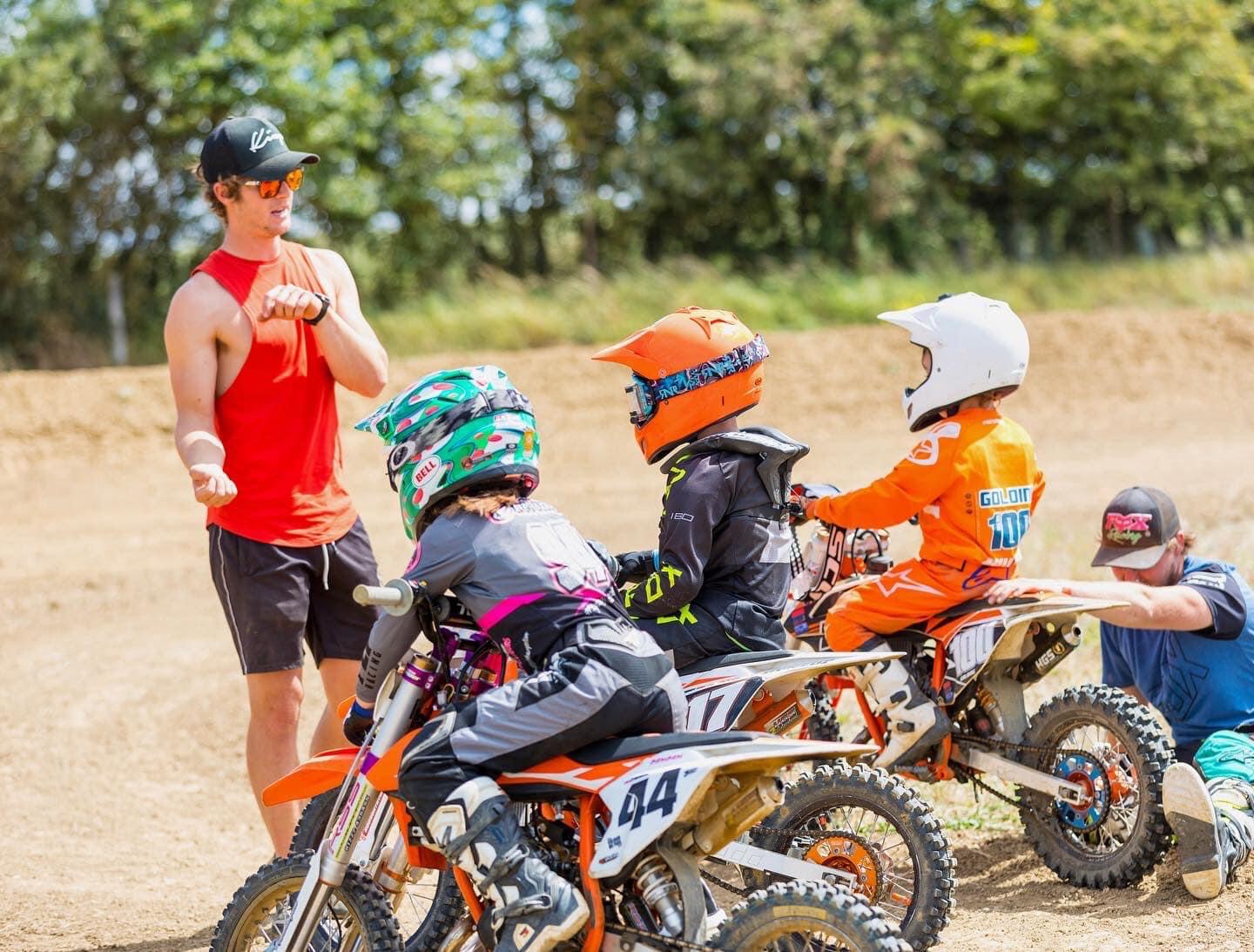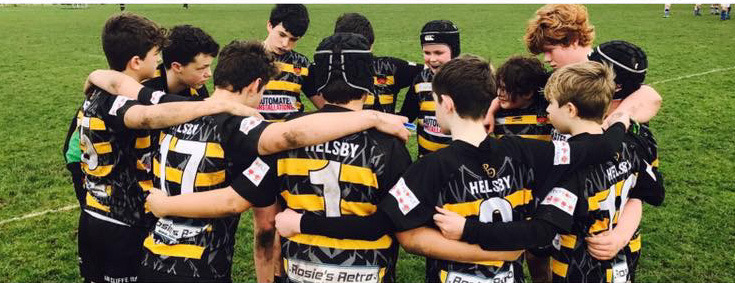Depending on their age your child may not even be able to describe the feelings they are having, they may feel different but not know how to explain what they are experiencing, others may not want to say because they think it’s not normal to feel these feelings (which of course it is, and some pre-competition jitters are good!). So when you have a young athlete in the family it’s even more important that you as a parent know the signs to look out for.
They often include physical things like unusual behaviors, saying things they wouldn’t normally say, becoming restless, and unable to sleep. They may even talk about wanting to quit the sport they love so much. It can be quite hard for us parents to see our child this way and not knowing what to do or how to deal with it, so here are some tips to help:

Normalize the feeling – Share with your child something about your own experiences of feeling nervous before a competition or event, that could be recent or when you were their age. As well as normalizing these feelings it will help them feel safe to share their feeling with you. If your child looks up to a particular athlete it can helpful to say ‘I remember reading something about when ‘xxx’ was nervous before a competition and this is what they did to overcome it’. It can often have more power when it’s come from one of their idols!
Give it a name- Ask them where they feel the feeling and to give it a name i.e worry, nervous, fear, anger and then ask what they are thinking about when they feel that feeling i.e worried about forgetting things? Nervous about making mistakes? Scared of getting injured? Once you have named the feelings you can get into making it feel better together.
It’s a hard truth that sometime parents can unintentionally be adding to performance anxiety and stress. Some children are more worried about disappointing their parents than anything else. Especially if they have invested a lot of time and money into their sport, they may be worried about letting people down, and for some, this fear can increase their anxiety levels. You can really help lift this worry by:
Being aware of language – Praise effort NOT results, we all like to get a good result, but in most sports the result is not a true reflection of the effort put in, by looking for what they did well and praising the right things your child is more likely to relax, have fun and the results will come. Unless they ask for your input, refrain from having too many discussions about what they did in the performance or could have done better, wait to be asked for your input. When they ask it means they are ready to hear, it’s at this point your advice will be well received.

What could you help your child do to reduce the feelings of self-created pressure?
Reframe with a new label: This is just a posh word for looking at things differently. Ask your child how they feel when they are excited. They may say their heart beats faster, their breathing speeds up, they sweat, they get a funny feeling somewhere in their body. Now ask them how they feel when they are nervous. You will find that the answer will be very similar. We know from extensive research that excitement and anxiety are the same emotion!! The only difference is that we label one as positive and one as negative. So, help your child reframe their anxiety as excitement.
Breathing: Help your child slow down their breathing using the 4 by 4 method. Breathing in for 4, hold for 4 and then breathe out for 4, doing this a few times will slow the breathing and the heart rate. When our heart is beating slower, we can think more clearly and we don’t label our emotion as anxiety or nervousness. It also brings their mind into the moment, performance anxiety cannot exist in the present moment. It can only exist if you mentally travel into the past (which can’t be changed) or the future (which hasn’t happened yet). Therefore, being in the present is always the most resourceful state to be in to perform well.
Mantra: Visualize performing well a few minutes every day whilst saying positive sentences like, ‘I can perform well’ ‘I have put in the practice’ ‘I am the fastest’. Ask them what words make them feel good and use those.
Practice, with and without moving: Practicing technical skills is important to success, mental rehearsal is too. Coach your child to walk through their performance, picturing each step in order. This technique allows your child to practice in their mind, when we do this over and over we create a visual memory so the mind thinks it has already done the performance and therefore more mentally prepared.
Set a goal: Talk to your child about what they hope to achieve at their next performance or game. Help them come up with an aim that is a stretching not straining. Instead of making the goal about being in first place, make the goal about what’s happening in the performance not the outcome. They want to beat a certain time or feel confident on a certain jump. Focusing on and engaging in the performance as it’s happening will take the pressure of expectation away from the overall event and outcome. There is a big difference between expectation and hope. When we hope to achieve we feel amazing when we do, and focus on the learnings for next time. When we are expecting or expected to achieve it we feel like we have just done enough when we do and awful when we don’t. Either way meeting expectations doesn’t leave you with a great sense of achievement.
So whether you’re reading this as parent, a coach or the young athlete remember to create rituals and habits which include the above advice. Pressure is often the result of trying to control something that we cannot control. We can’t fully control outcomes of competitions, so trying to do so spends a lot of energy with little return. Help your young athlete focus on things that are in their control, such as tactics, passes, effort, and attitude. Focusing on outcomes and results starts to create a belief that their outcomes are connected to their self-worth and when the stakes feel that high it typically increases anxiety and negatively impacts well-being & overall performance.


